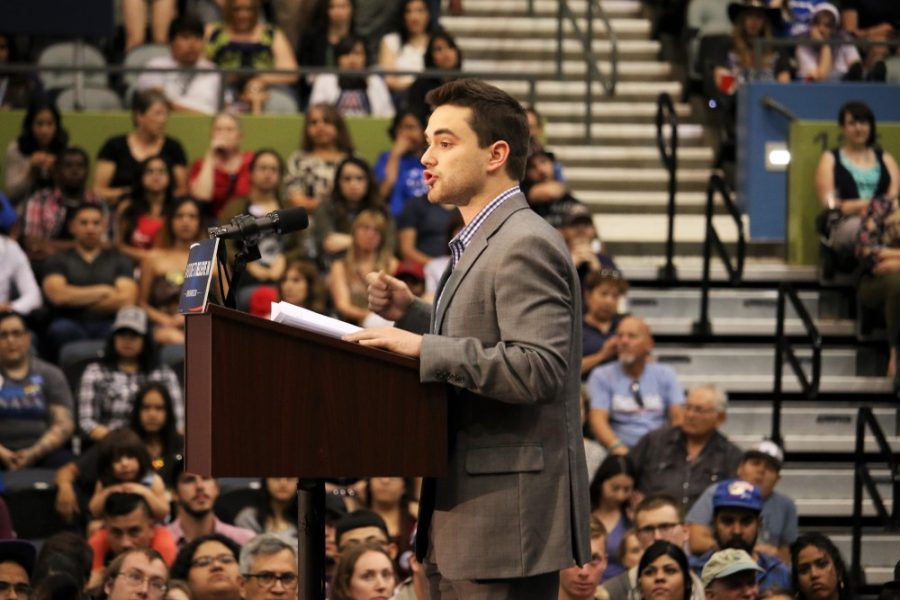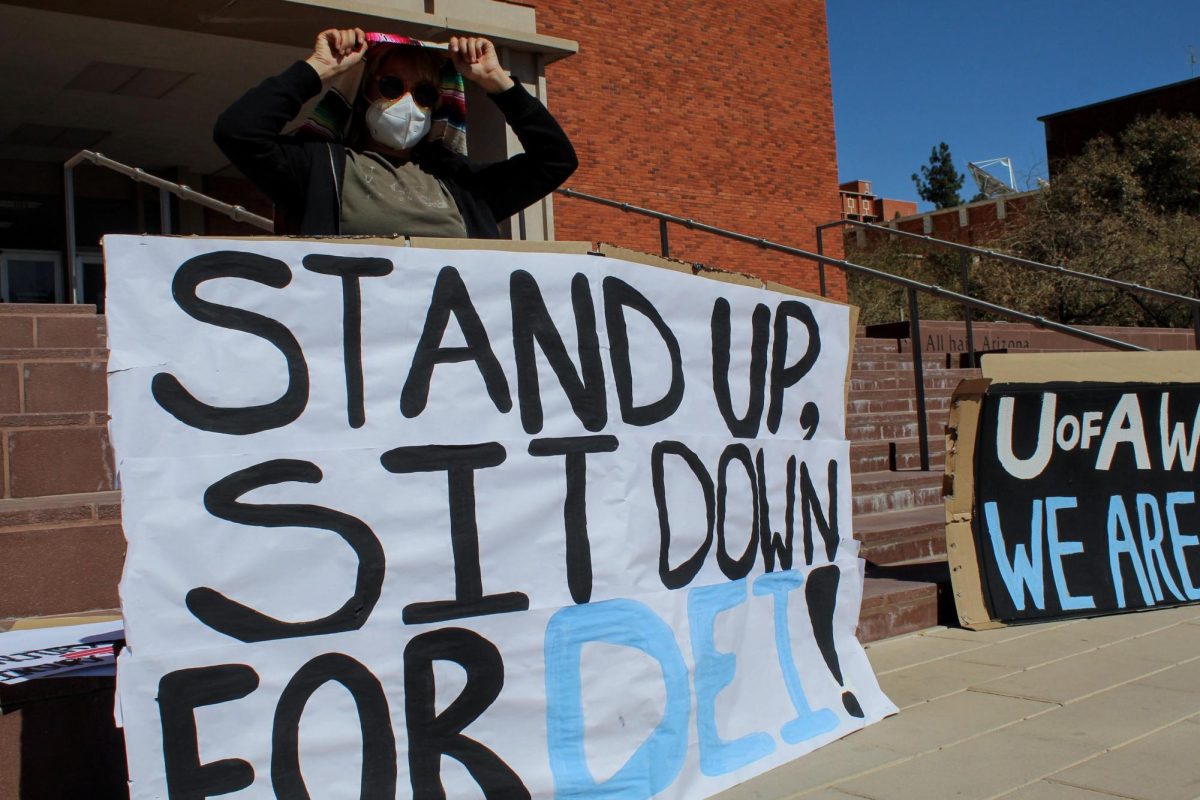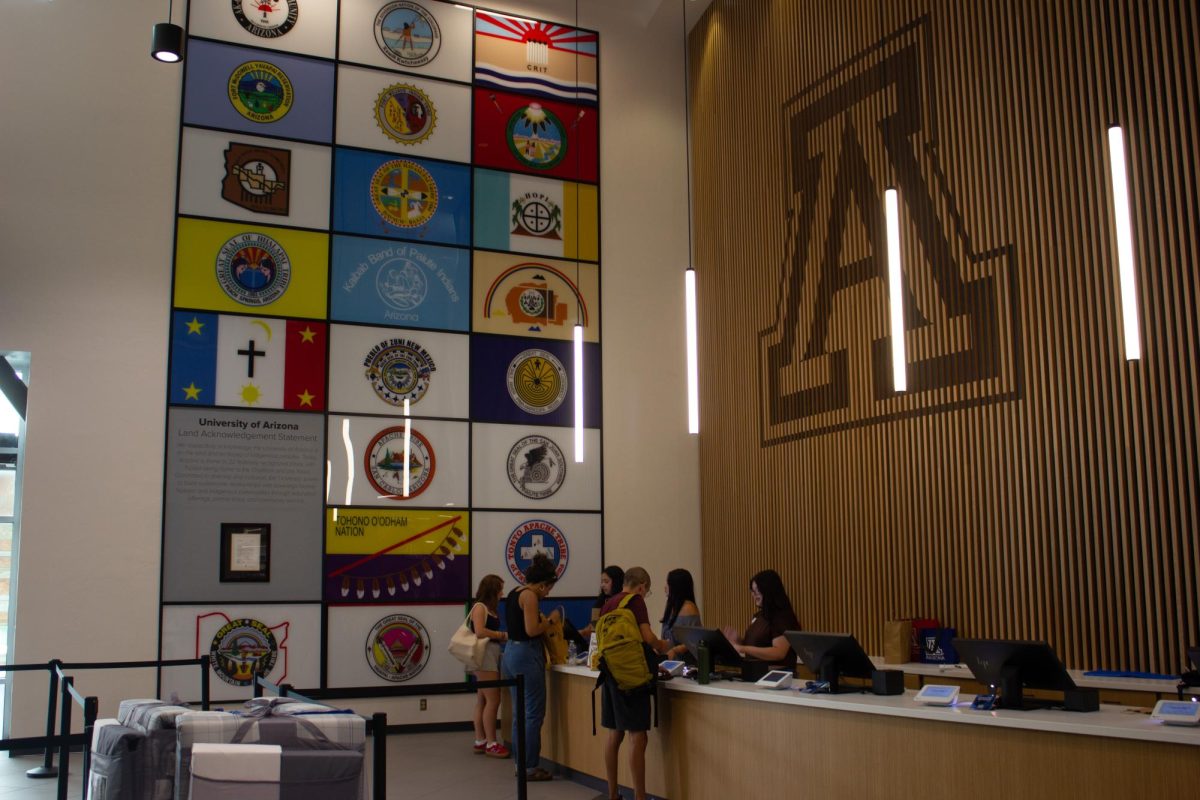Proposition 123 is on the ballot for Arizona’s May 17 special election and if it passes, $3.5 billion will be allocated to Arizona’s K-12 public schools over the next decade — largely by dipping into the state’s land trusts.
Prop. 123 arose as a compromise between Gov. Doug Ducey and education organizations after the groups sued the state for failing to comply with mandatory inflationary funding for Arizona’s public schools required by Prop. 301, which passed in 2000.
If passed, a little more than $2 billion worth of the funding Prop. 123 would allocate to education would come from the state’s Permanent Land Endowment Trust, with the remainder coming from the state’s general fund.
The trust is currently required to distribute 2.5 percent of its funds to schools. Prop. 123 would raise the mandatory percentage to 6.9 percent until 2025.
Forty-two percent of Arizona’s state budget is currently allocated to education. Prop. 123 would raise the allocation to 49 percent, which has not happened in over 30 years. Supporters of the proposition argue this is the best way to improve funding for Arizona’s schools without raising taxes.
“Arizona has about 50,000 teachers, and teacher pay here is documented to be far lower than national averages,” said Christian Palmer, a spokesperson for Lets Vote Yes for Arizona Schools. “Teachers are leaving Arizona because of salary levels that are far below those offered by other states and other industries.”
Opposers of Prop. 123 worry about the long-term effects on education funding and the lapse in liability for state officials. Prop. 301 required education funding to increase every year to keep up with inflation. The state complied until pressure from the recession drove it to default in 2009. The Arizona Education Association and the Arizona School Board Association teamed up in 2010 and sued the state for the funding they claimed they were entitled to.
The case made it to the Arizona Supreme Court, where the school board won unanimously. Ducey supported Prop. 123 and proposed the measure as a compromise after a failed attempt at arbitration. Prop. 123 would fulfill 72 percent of the funding schools have lost since 2009.
Not all people view Prop. 123 as a solution to Arizona’s education funding problem, though. Morgan Abraham, chair of the Committee Against Prop. 123, said it is just an avenue for Arizona’s lawmakers to continue avoiding their obligation to properly pay into education.
“We can fund our schools the right way,” Abraham said. “The state has a $600 million budget surplus in the bank; a portion of that money should be sent to schools today.”
Arizona’s K-12 public education funding ranks last in the nation. The National Education Association ranked Arizona in the bottom five for expenditures per student in 2015, reporting that Arizona teachers saw a 9 percent average salary decline over the last decade.
Supporters and opposers of Prop. 123 agree that Arizona’s schools are entitled to and are in desperate need of more funding. They disagree, however, on where the funding should come from and if fixing the immediate problem is worth causing a larger one in the future.
Ducey and a multitude of other state representatives have verbalized their support for the Yes on Prop. 123 campaign. On the other side, Arizona Treasurer Jeff DeWit, among others, opposes Prop. 123 because it jeopardizes the principle of the state Land Trust Fund.
Prop. 123 will be voted on May 17 and if it passes will amend Article X, Section 7 and Article XI of the Arizona State Constitution. The proposition also includes a clause that protects state funds in the event of another economic downturn.
The success or failure of Prop. 123 will determine how the lawsuit between the state and the Arizona Board of Education is resolved.
Follow Brice Lennon on Twitter.









